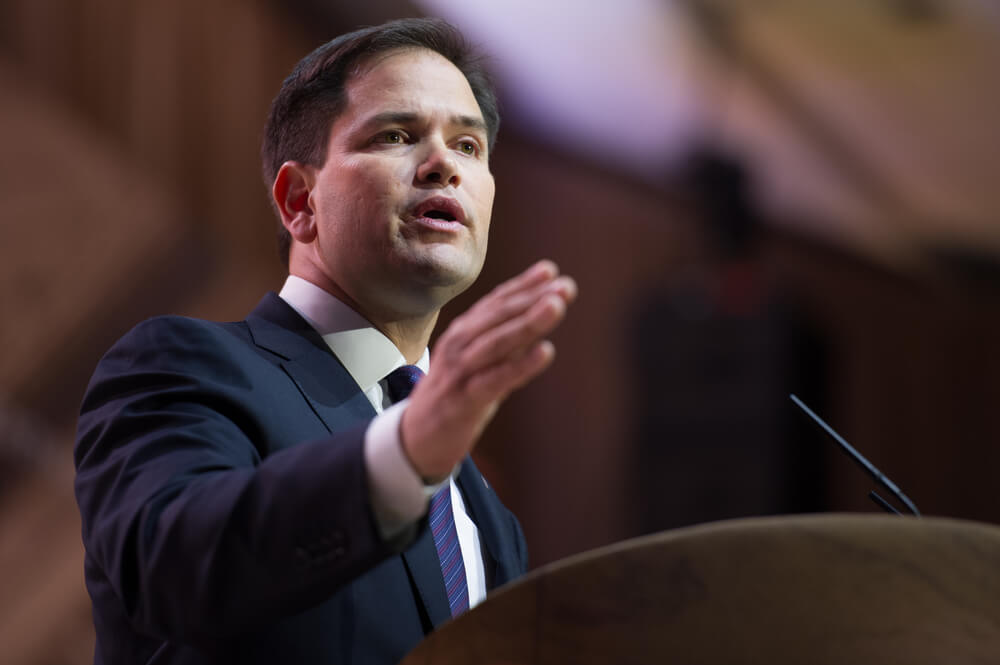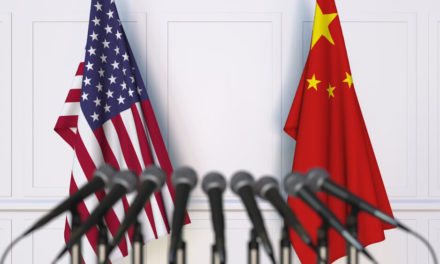More and more Americans, it seems, are wising up to the hold communist China has over free of speech around the world, and the call to do something about it is growing stronger.
Republican Florida Sen. Marco Rubio is calling for an investigation into TikTok, a popular short-form video-sharing app, based on “ample and growing evidence” that it is censoring videos at the request of China so as not to anger the government in Beijing.
Have already formally asked Trump administration to fully enforce anti-boycott laws that prohibit any U.S. person—including U.S. subsidiaries of Chinese companies from complying with foreign boycotts seeking to coerce U.S. companies to conform with #China’s government views.
— Marco Rubio (@marcorubio) October 9, 2019
Rubio’s comments came after a recent report by The Guardian showed internal documents directing moderators to censor content that might be objectionable to the powers that be in Beijing. Most of the censored videos criticized the country’s communist policies and events like the massacre in Tiananmen Square in 1989.
Rubio called upon the Committee on Foreign Investment in the United States, an investigatory group under the Treasury Department that looks at the national security implications of foreign investments into the U.S., according to a Business Insider report. Though, the committee declined to comment because of a policy not allowing it to discuss specific cases.
Backstory
ByteDance, a Chinese company that owns TikTok, bought out Musical.ly, a U.S.-made app similar to TikTok, for $1 billion before shutting it down and merging it with TikTok, which doesn’t actually exist in China itself. In China, ByteDance has a similar app called Douyin, while TikTok is the company’s app for international markets.
An unnamed spokesperson for TikTok said the communist government doesn’t ask moderators to censor its content and doesn’t even have jurisdiction to do so since it doesn’t operate in China.
“TikTok U.S. is localized, adheres to U.S. laws and stores all U.S. user data in the U.S.,” the TikTok spokesperson said, according to Business Insider. “Our content and moderation policies are led by our U.S.-based team and are not influenced by any foreign government.”
However, one thing the statement didn’t address is whether the U.S. team’s decisions on what to moderate are influenced by the China-based parent company, ByteDance.
The Guardian’s report about TikTok’s moderation showed how it was censoring and suppressing “highly controversial topics” that would anger the Chinese government. Reports from September showed that while other social media platforms were flooded with pictures and posts about the protests in Hong Kong, TikTok had no content showing what was underway in Hong Kong.




